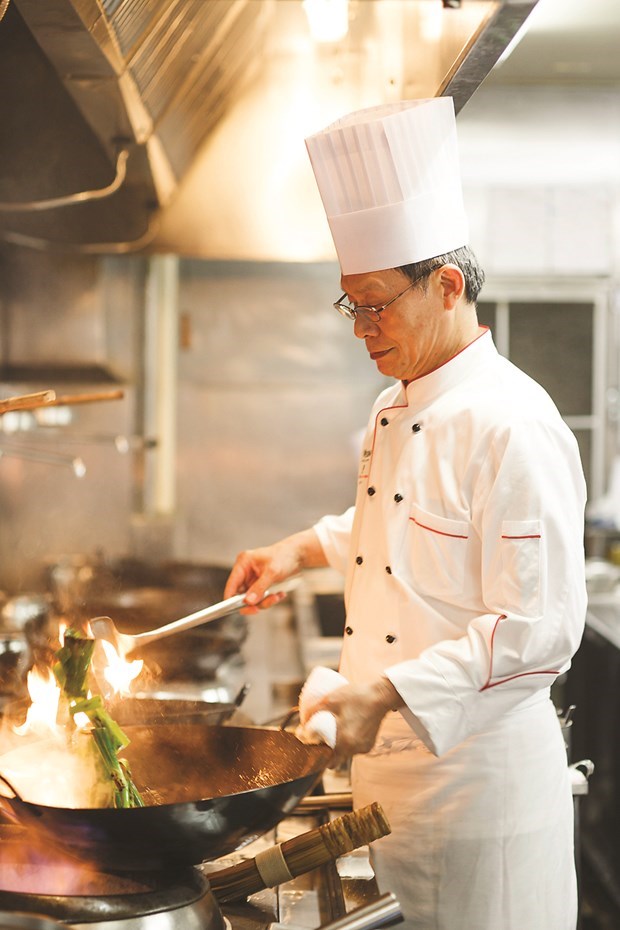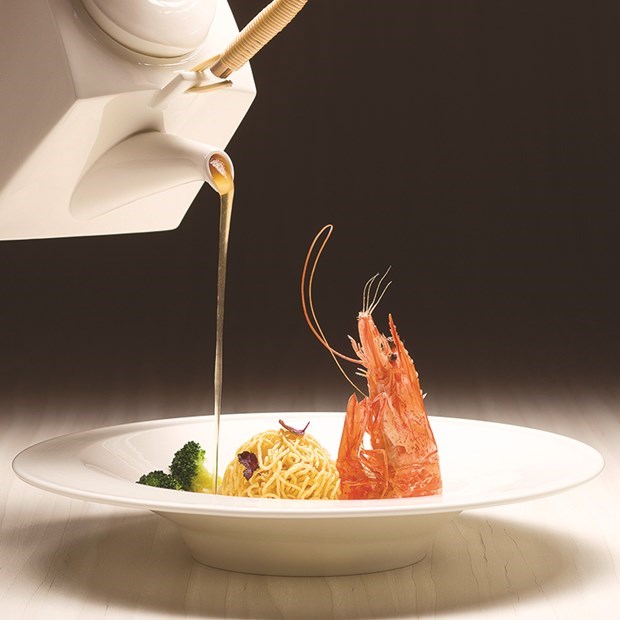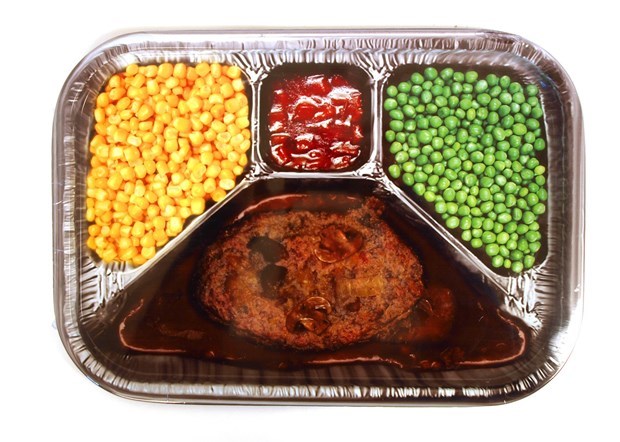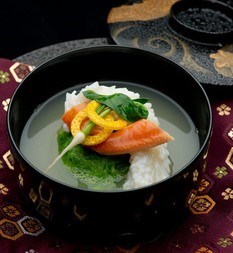
Photo: www.japantimes.co.jp
Michelin
is a noble achievement but not a must-have. However, it can importantly make
both cooks and diners to get rid of MSG and artificial seasonings.
China has very few
Michelin stars
My
former Hong Kong classmate became main chef of English 2-star Michelin
restaurant. His name is Kai, and I used to call him “Kai-lan” as Vietnamese
name of Chinese broccoli. When we were together in culinary school, I had known
that his father was a famous professional Chinese chef and his mother was
alcoholic expert.
I
asked, “Why do you study European cuisine? Why don’t you follow your family’s
career?” He signed, “You know, what Chinese call MSG or artificial seasonings?”
Then he relentlessly said that Chinese had named MSG and seasoning as “the
boss”. For examples, you could hear a main chef asking, “Where is the boss?”
then he dropped a pinch of MSG into the dish.
Mr.
“Kai-lan” said that it was hard to avoid MSG if we had eaten in China. That’s
why although Chinese food is very popular to Europeans and Americans but
Chinese cuisine has not made any step up.
There
are still French and Italian restaurants in China, which received Michelin
stars but rarely Chinese restaurants. Therefore Kai has to choose European food
instead of Chinese. He’s so fed up with the way Chinese cooks have to use MSG
for common diners.

Chinese noodles are so good but they have too much “the Boss” – Photo: sgourmetadventures.net
Short-term and
Long-term harms
With
who are used to MSG, their tongues are less sensitive with natural flavors
while who do not use MSG will immediately reacts if tasted. Some people even
get headache, frozen tongues, sore throats, nausea, raising heart beats, and
stuffy that European call “Chinese restaurant symptoms”.
Long-term
harms of MSG on human bodies are debatable. Some people say that MSG can really
harm kidneys, heart, blood, and even cause cancers while other say there is no
harm at all.
However,
the harmful influences to the country is obvious since none of serious culinary
experts wants to recognize a culinary culture that has been addicted to MSG and
artificial seasonings – worth a Michelin star.
One
important reason of eliminating artificial seasonings in culinary artwork is
that food experts, who evaluate whether a restaurant worth a Michelin star or
not, have to keep their tongues “clean”.
They
never eat junk food. Therefore, if they taste MSG in a dish, they’ll harshly
react, such as headache, nausea, or even bone-ache, just as poisoned symptoms.
When the tongue does not function, there’s no way to enjoy the meal anymore, or
to evaluate how good it is.
Not
only harmful to the taste, “the boss” also makes all dishes as a fault copy of
flavors, for examples, the sweetness of Pho’s broth somehow is alike the
sweetness of vegetable soup. MSG addicted diners lose their appetite without
this artificial sweetness but with other people, MSG just corrupts everything
by its industrialized taste.
Using
industrial chemical simply proves that the cook is too lazy to exploit natural
ingredients and not confident enough in his/her cooking skills.

These 2-minutes-microwave dishes for take-out diners contain too much MSG.
Lay “the boss”
right where it should be
Nowadays,
MSG has been using in most of industrial food like canned food, sweets and
candies, snacks, or processed food. Moreover, fast food brands also take “the
boss” MSG for granted.
Saying
the other countries like England, France, Italy, or even Japan do not use MSG
is a naïve statement. Their lives are too busy to cook so processed food is
usually their convenient choice. It means developed countries have been
suffering with artificial seasoning, too. So why their culinary cultures are
illuminated?
The
significant difference here is where to lay “the boss” MSG, on top of kitchen
shelf or in an occasionally dark corner. Japanese and Italian have been using
canned food but they understand those are not standards of health. What MSG and
other artificial seasoning can provide is convenience but not true cuisine.

Crabmeat soup at RyuGin restaurant, where received 3 star Michelin, without MSG or artificial seasoning.
Japanese
or Italian would not concern whether they should use MSG or other seasonings
simply because they have had all natural and healthy products. They rather use
sea salt, sugar, and fermented products as cheese to taste.
In
similarity, a French chef would boil bones, vegetables, and dried seafood to
make broth, and numerous spices to enrich their dishes.
A
gourmet would differentiate which broth was made from beef bones and which was
made from chicken bones. He could tell the final taste from given ingredients,
and if he were passionate enough, he would have a chance to look into creative
minds of the cooks and discover their skillful techniques.
“The
Boss” MSG should hide in industrial food or processed food on supermarket
shells. It should not be in household kitchen or a classy restaurant with elite
cuisine, which can represent a national culinary culture.
A
true cuisine must be where chefs cook with passion and enthusiasm. A true chef
must use up their skills and mind to create dainty dishes and must not depend
on synthetic chemicals.
Once
there was a European chef told me that he had travelled to China to learn
Chinese cuisine but all he could see were artificial seasonings with
all-you-can-think-of flavors. So disappointed, he had moved to Viet Nam to
learn our cuisine. Couldn’t say how embarrassed I was when most Vietnamese also
have been using those bossy artificial powders.
By Pha
Le/ Tuoitrecuoituan